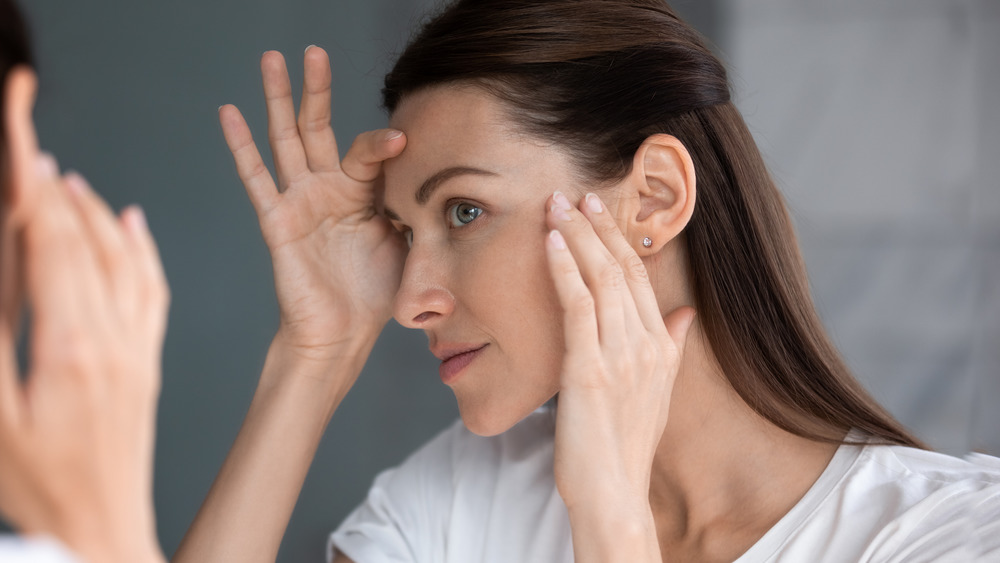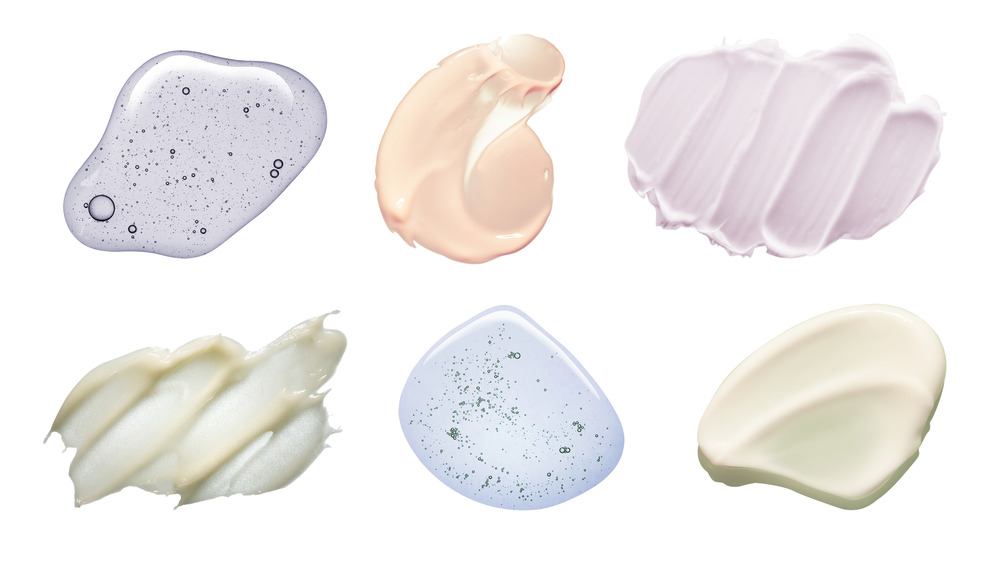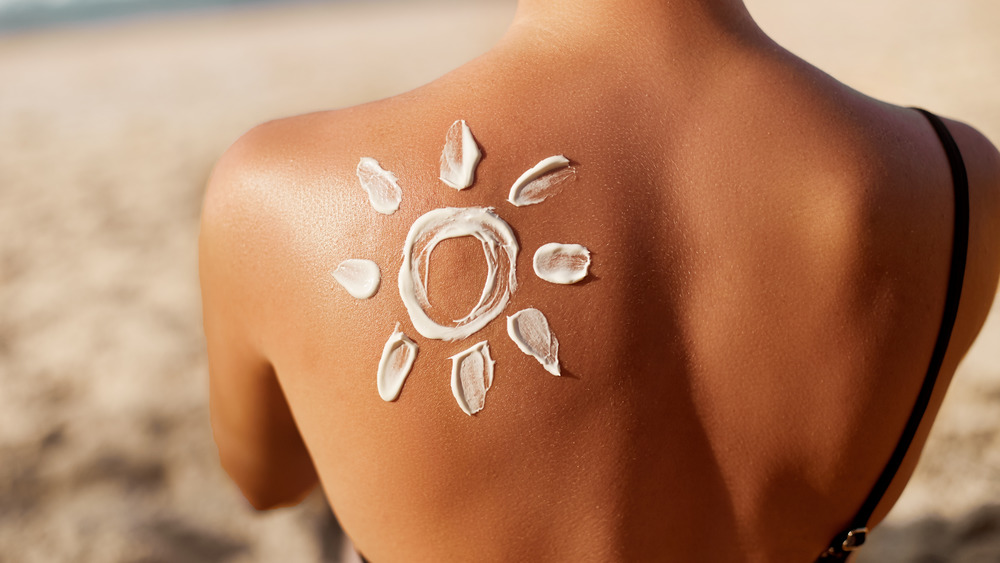Common Skincare Ingredients That Should Never Be Mixed Together
Is there really too much of a good thing? For our skin there is! There are rows and rows of skin products being sold at the store promoting our quest for better skin. And if you are not one of the lucky few who has found the best products for their already perfected skin routine, then it can be overwhelming. While some skincare potions appear to work in perfect harmony, there are other combinations that can do more harm than good.
The first two ingredients that have been known make a cocktail of destruction on our skin when combined, is retinol and hydroxy acids. Separately, retinol is known for its anti-aging effects and hydroxy acids are a known weapon to fine lines and wrinkles. Joshua Zeichner, MD, the director of cosmetic and clinical research in dermatology at Mount Sinai Hospital in New York City, warns that when these two ingredients are used together, they can cause irritations. "They're both harsh on the skin individually, so they cause even more detriment when used together," he says (via The Healthy).
Some products only work if used at different times
The next skin damaging cocktail is vitamin C and retinol. Vitamin C is most effective in the morning as it helps shield the skin from oxidative free radical damage. In contrast, retinol helps build collagen and aids the skin in repairing. This ingredient is recommended to use at night. So these two appear to work magically together, just not at the same time (per InStyle).
Although they are both antioxidants, Niacinamide (a.k.a. vitamin B3) and vitamin C should not be used together. Dr. Shari Marchbeing, a board-certified dermatologist in New York City explains to InStyle, "both are very common antioxidants used in a variety of skincare products, but they should not be used one right after the other. Their potency is significantly diminished when used together, unless application is spaced by at least 10 minutes between each serum." We're pretty sure we're paying a pretty penny for the potency of certain products. So any tip on how not to diminish these ingredients is golden!
The surprising skincare ingredient that's totally free
The last ingredient you should be careful about mixing is the sun. We know, the sun may not be a typical skincare ingredient but it definitely has had numerous interactions with our skin. It is worth knowing what other ingredients not to mix its glorious rays with. Accutane, which is a strong form of vitamin A, should not be used if there are plans of being exposed to the sun. It is likely to cause sun allergies or increased sunburns (via The Healthy).
Dr. Shari Marchbein, a board-certified dermatologist in New York City states it perfectly when she says, "mixing ingredients without proper knowledge of how these ingredients work and what other ingredients they may interact with will be not only a waste of money, but also time. It can also lead to frustration if less than expected results are seen (or if the skin becomes irritated)" (per InStyle). Cheers to that, and happy hunting for your future skincare cocktails!


